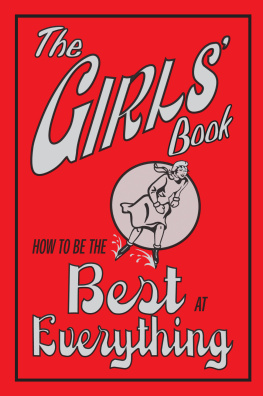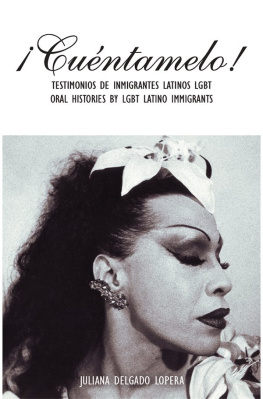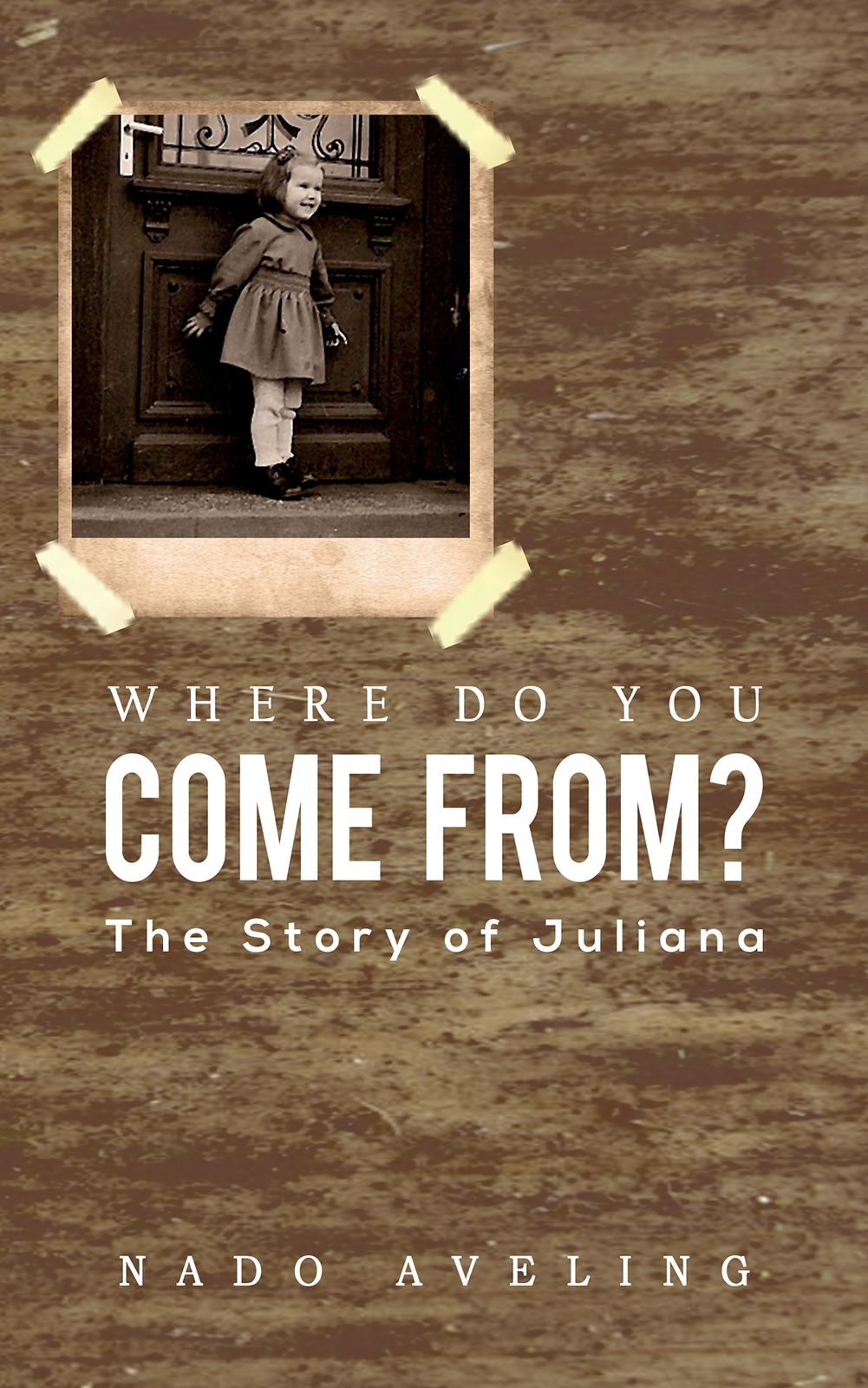Setting the Scene for My Conception
I am a feminist, a mother, a migrant, a scholar and a witch. This is my story; a story that begins, not with my birth or my childhood, but in an earlier time when war and the threat of war shaped the world. So, let me introduce my mother Ruth, who was born in 1921 in Bonn, Germany. It seems like the best place to begin.
Ruth was a ballet dancer and by all accounts was quite gifted as she was given free lessons. However, her parents did not understand her passion for classical ballet and despite almost insurmountable obstacles, Ruth pursued her dream for many years. Several entries in her journal are particularly poignant:
I cant remember my parents ever coming to see me perform. Even when I passed my first examination, no one was interested. My mother didnt have time for such nonsense and my parents used to say: Why do you want to be a dancer? You cant earn a living with that. Better learn to cook and run a household because youll get married anyway. I was always needed to help at home andI did everything I was asked to the best of my ability just so I could go to my ballet lessons. The Ballet mistress, on seeing my hands, often said to me: My goodness, Ruth what have you been doing? I suppose the thought never crossed her mind that I had duties at home.
Sometimes, I got small parts for the matinee performance. When I was late home there was invariably a huge fight. It worked fairly well if rehearsals were early, but you never really knew when you were wanted on stageif things werent going well it could be hours before our call because the ballet scenes were just a small part of the opera. Often, I used to watch from the wings and forget all about the time. That way I got to see all the major operas, even though it was in bits and pieces.
At the theatre, a well-known character actress took me under her wing. When she had the time she used to call me into her dressing room, where I was allowed to tidy up while she spoke to me. It was she who made it possible for me to take my second ballet exam in Vienna. She introduced me to the ballet mistress there and I immediately got a job as soloist. That was later after the war had started and my daughter Giselle was already born. But my husband and my mother put an end to that.
Ruth became pregnant at the age of seventeen and subsequently married Hans, the father of her child. Her parents were against the marriage, but the Nazi regime encouraged young marriages and the state provided generous loans to young couples. In March 1939, Ruths daughter Giselle was born. Then war intervened and the promise of a happy family of her own came crashing down.
Seven years later in February 1946, Ruth gave birth to another little girl. I was that little girl who was born nine months after the cessation of World War 2 in Europe. I was named Juliana after my maternal grandmother. As a child, I loved hearing Ruthwhom I called Muttitell stories about her life and was particularly interested in the details of my conception given that my mothers husband had contested paternity. Whilst Mutti continued to insist that Hans was my biological father, as I grew up I began to have a sense that there were parts of her story that she wasnt telling.
Bonn, my mothers hometown, is a small university town on the banks of the river Rhine that lays claim to being the birthplace of Ludwig van Beethoven. The magnificent bronze cast in his likeness has stood on the Mnsterplatz since its unveiling in 1845 and surprisingly it escaped destruction when everything else was obliterated. During the raids on 17th and 18th October 1944, Ruth was away from home when the sirens sounded. Wanting to get back to Giselle, she decided that instead of taking refuge in the nearest public bomb shelter at the Mnsterplatz she would press on. Had she gone to the public shelter my story would end at this point, as it later became known that hundreds of people had asphyxiated in that very shelter. My mother wrote in her journal that in subsequent years she would never cross the square because she believed that the dead were still buried there. On my occasional visits to Bonn, it has become my practice to have my morning coffee at one of the cafes located beneath Beethovens gaze and to ponder the twists of fate that made my birth possible.
Following the 1944 bombing raids, my maternal grandparents insisted that Mutti go to Dresdena city renowned for its baroque and rococo city centrewhere she would be able to live with her aunt Lisbet. However, given its reputation for being a safe city, Dresden had become a haven for refugees fleeing the advancing Red Army so accommodation was scarce. Hence, Mutti was billeted at a farm some distance outside Dresden, a city that would be bombed between the thirteenth and fifteenth of February 1945. My mother wrote in her journal:
You could hear the eastern front drawing closer and closer. Every day, the artillery became louder and many refugees, who were fleeing from the Russians, arrived from Breslau [Breslau now Wroclaw, Poland is 268 km east of Dresden]. I wondered what to do to do and thought that the war couldnt last much longer. I decided to go to the Dresden railway station and try to get a ticket home. I quietly hoped to be able to go home in three days time. I had to stand in line for hours and when I finally got to the counter there were no tickets to be had. Everywhere people were sitting around crying we must have had a guardian angel because on the day I thought Id be leaving Dresden, the Allies bombed the railway station and totally obliterated it.








